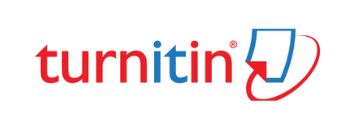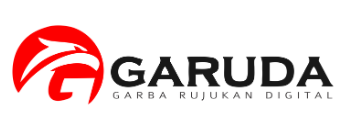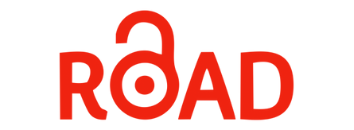IDENTIFYING STRATEGIES TO MINIMIZE INTERGENERATIONAL CONFLICT IN WORKPLACE
DOI:
https://doi.org/10.24002/kinerja.v23i1.2127Abstract
This study was conducted to identify strategies to minimize intergenerational conflict in workplace in an e-commerce company in Madagascar. This company is made up of three generations of people who is different in many ways that often lead conflict in workplace.
In this study, 125 out of 150 questionnaires were returned to the researcher to be analyzed and interviews were conducted with four people. The data were analyzed by using NVivo 8.
The finding of this study indicates that to minimize intergenerational conflicts: managers should have more understanding on what their employee’s needs and expectations; they must familiarize themselves with them. Establishing internal communication that value everyone is a must to solve intergenerational concern. Training is useful to strengthen team cohesion and mentorship is to break through barriers by encouraging employees of different generations to connect each other and setting compromise improve collaborations level among employees.
Keywords: conflict management, intergenerational conflict, multigenerational workplace.
References
Allah, H. B. 2011. The influence of multigenerational cohorts on organizational leadership: A phenomenological study (Doctoral dissertation). [online] Available from ProQuest Dissertation and Theses database.
Eslinger, M. R. 2001. A multi-generational workplace: The differentiation of generations by the work values they possess. Dissertation Abstracts International, 1297A.
Ernest & Yong LLP. 2013. Younger managers rise in the ranks: survey quantifies management shift and reveals challenges, preferred workplace perks, and perceived generational strengths and weaknesses. [online] Available at http://www.multivu.com/mnr/63086-ernst-and-young-llp-research-younger managers- rise-in-the-ranks
George, J.M., & Jones, G.R. 1997. Experiencing work: Values, attitudes, and moods. Human Relations, 50(4), pp. 393-416.
Gibson, J. W., Greenwood, R. A., & Murphy, E. F., Jr. 2009. Generational differences in the workplace: Personal values, behaviors and popular beliefs. Journal of Diversity Management, 4(3), pp. 1-8.
Groggan, B. 2016. The keys to working well with millennial. [online] Available at http://modernae.com/the-keys-to-working-well-with-millennials/ [Accessed December 28, 2016].
Herring, C. 2009. Does diversity pay? Race, gender, and the business case for diversity. American Sociological Review, 74(2), pp. 208-224.
Jones, C. 2009. Sort it out! Nursery World, 109(4200), pp. 24-25.
Kupperschmidt, B.R. 2000. Multigenerational employees: Strategies for effective management. The Health Care Manager, 19, pp. 65-76
Lancaster, L.C., & Stillman, D. 2002. When generations collide: Traditionalists, Baby Boomers, Generation Xers, Milennials: Who they are, why they clash, how to solve the generational puzzle at work. New York: Harper Collins.
Maravelas, A. 2005. How to reduce workplace conflict and stress: How leaders and their employees can protect their sanity and productivity from tension and turf wars. Franklin Lakes, NJ: Career Press.
Meyer, S. 2004. Organizational response to conflict: Future conflict and work outcomes. Social Work Research, 28(3), pp. 183-190.
Nvivo qualitative data analysis software. 2008. QSR International Pty Ltd., Version 8. Melbourne: Australia.
Ottaviano, G. 2006. The economic value of cultural diversity: Evidence from US cities. Journal of Economic Geography, 6(1), pp. 9-44.
O’Bannon, G. 2001. Managing our future: The generation X factor. Public Personnel Management, 30, pp. 95–109.
Palmer. T., & Varner, I. 2007. A comparison of the international diversity on top management teams of multinational firms based in the United States, Europe, and Asia: Status and implications. Singapore Management Review, 29(1), pp. 1-30.
Randstad. 2008. The Randstad USA World of Work. [Online] Available at http://www.harrisinteractive.com, [Accessed December 23, 2008].
Reynolds, L.A. 2005. Communicating total rewards to the generations. Benefits Quarterly (Second Quarter), pp.13-17.
Robert Half International. 2008a. The EDGE Report. [Online] Available at http://www.rhi.com [Accessed December 23, 2008].
Sikes, B.,Gulbro, R., & Shonesy, L. 2010. Conflict in work teams: Problems and solutions. Allied Academies International Conference: Proceedings of the Academy of Organizational Culture, Communications & Conflict, 15(1), pp. 15-19.














